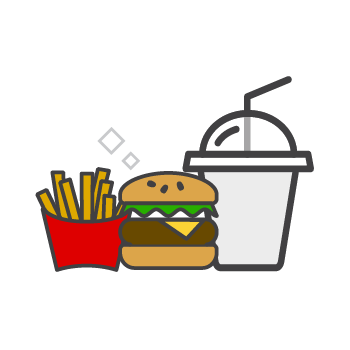Health Tips: A Beginner’s Guide to Retinoids
by Karen Rollins Jul 22, 2019

When it comes to the beauty industry it can be difficult to keep up with the range of products that are available and what they can do.
Retinoids have been around for a while but have become increasingly popular in recent times as beauty magazines tout them as one of the most essential items for people of all ages.
Several products from acne prevention creams to anti-wrinkle serums, contain various types of retinoid, but what are they and when should you use them?
We’ve put together this beginner’s guide so you can decide whether retinoids are a product that is right for you.
What are retinoids?
Retinoids are a form of vitamin A.
Confusingly, various beauty companies interchange the terms retinoids and retinols for the same ingredient but there are, in fact, seven different types of retinoids which vary greatly in strength.
From weakest to strongest they are: Retinol palmitate, retinol, retinaldehyde, adapalene, tretinoin, tazarotene and isotretinoin.
When a retinoid comes into contact with the enzymes in your skin, it is turned into retinoic acid, which has been proven to fight acne and reduce wrinkles.
When should you use it?
Retinoids can be extremely potent and some are only available on prescription, so if you are new to them it’s best to start off with the weakest strength, and then you are less likely to experience any irritation.
If you want to go for a stronger retinoid you should incorporate it slowly into your beauty regime. Start off by applying it every other night, and if it works well, you can increase the application to every night.
Over-drying and redness are the two main problems associated with retinoids, so take it slow, and reduce the number of applications if your skin has a reaction.
Is it ever too late to start using retinoids?
There’s never a wrong time to start using retinoids and reaping the benefits from its ability to improve the look and feel of your skin.
Some retinoids are effective at treating acne, e.g. Roaccutane, and are usually available from a doctor or dermatologist.
If you want to get the full anti-aging affects, experts recommend incorporating products with retinoids by your mid to late 20s.
Anything else?
Some retinoids provide protection against the sun but it is always a good idea to use a sunscreen along with them to give your skin the maximum protection.
If you are pregnant, or trying to conceive, you should avoid oral retinoids because they can cause birth defects. Doctors also suggest staying away from topical retinoids if you are pregnant or breastfeeding.
If you have any doubt about whether retinoids are right for you, consult a dermatologist who can advise you on the best option for your skin.
Sources: Beautiful with Brains / Real Style Network / Sheerluxe








